Trump’s tariff ultimatum: ‘Don’t like it? Don’t trade with us’
- Update Time : Sunday, April 13, 2025
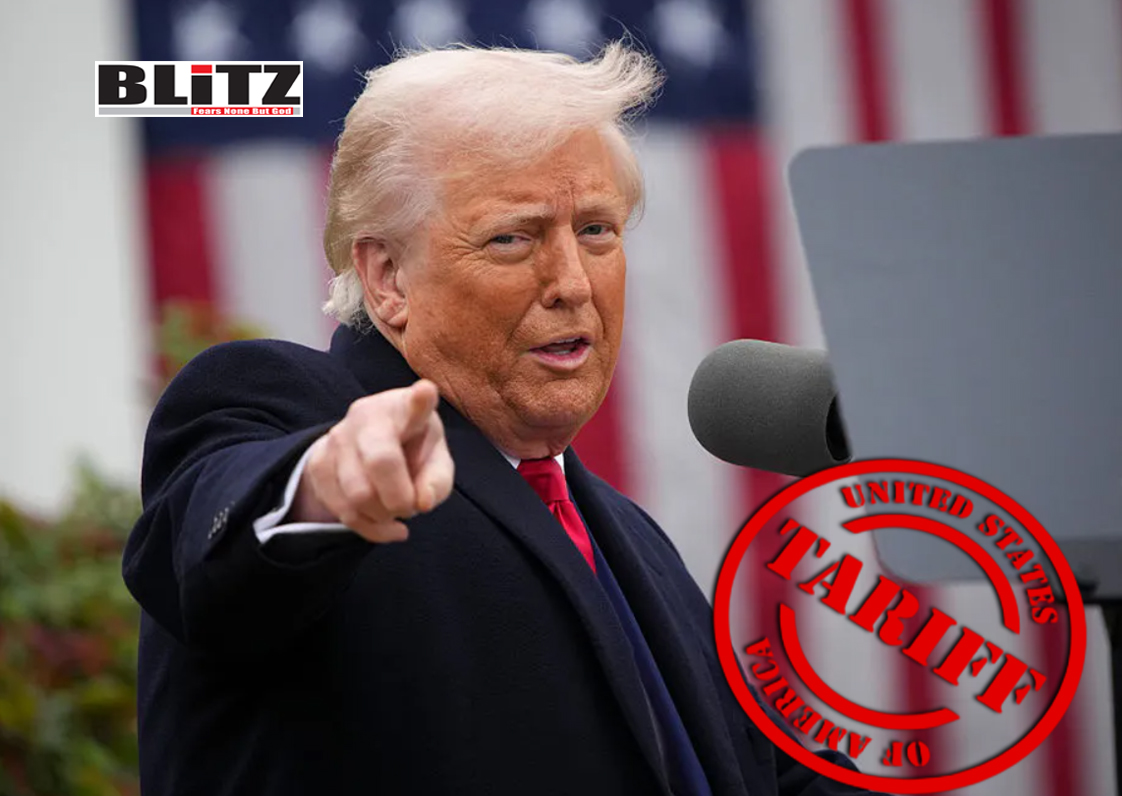
President Donald Trump has once again upended global trade norms with his latest wave of sweeping tariffs and characteristically defiant rhetoric, declaring that countries upset with US trade policy are welcome to stop doing business with America altogether. The message is as bold as it is consequential: the United States is open for business – but only on its own terms.
On April 9, Trump unveiled a new round of “reciprocal” tariffs targeting nearly 90 countries, a move he said was long overdue. While he announced a temporary 90-day reduction to a 10% baseline tariff shortly afterward, the original tariffs – in some cases far steeper – were met with alarm from foreign capitals and Wall Street alike.
Among the most notable exclusions from the 90-day reprieve is China. Imports from the world’s second-largest economy remain subject to a staggering 145% duty, continuing a trade war that has only intensified under Trump’s second term. Speaking to reporters aboard Air Force One on April 11, the president made clear that the message to all affected nations is simple: take it or leave it.
“We can set the tariff, and they can choose not to deal with us, or they can choose to pay it,” Trump said. “If they think it’s too high, they don’t have to do business with us.”
Trump framed the tariffs as both justifiable and economically beneficial, asserting they are making America “strong” and generating “billions of dollars a day” for the US Treasury. He brushed off warnings from economists and international partners that the protectionist policy could spark retaliation and disrupt global supply chains.
“This is about fairness,” Trump emphasized. “We’ve been the piggy bank for the world. No more.”
For the president, the tariff policy is both a bargaining chip and a show of strength. By imposing steep tariffs, Trump believes the US can compel foreign governments to renegotiate trade deals that he sees as unfavorable or exploitative. At a National Republican Congressional Committee (NRCC) dinner on April 10, he boasted that “dozens of countries are calling us up, kissing my ass” to negotiate exemptions.
The markets, however, reacted swiftly and sharply to the tariff announcement. Within days, US stock indices shed trillions in market value, prompting a flurry of concern from investors and analysts. Yet Trump remained unfazed by the financial whiplash.
“The bond market’s going good. It had a little moment but I solved that problem very quickly,” he said, implying that his subsequent decision to lower the tariffs – albeit temporarily – calmed the markets. “I’m very good at that stuff.”
Indeed, after Trump’s April 9 announcement of a 90-day tariff pause and a “substantially lowered” 10% reciprocal tariff, markets began to recover. But many economists warn that the underlying uncertainty remains and that constant volatility, driven by sudden shifts in trade policy, could erode long-term investor confidence.
Critics have also raised concerns about the broader implications of Trump’s trade war on the US dollar’s role as the world’s reserve currency. With more nations exploring de-dollarization – especially in BRICS countries – some fear that Trump’s aggressive economic nationalism could accelerate moves to sideline the greenback.
But Trump dismissed those concerns outright.
“The dollar will always be the currency of choice,” he said. “I would tell you that within about one phone call they would be back on the dollar.”
His remarks reflect a belief that US economic and military dominance ensures continued reliance on the dollar. However, that stance may underestimate the quiet but persistent efforts by countries like China, Russia, and others in the Global South to create alternative financial frameworks and reduce dependence on US-dominated institutions.
Unsurprisingly, Trump’s tariff policy has sparked diplomatic tensions across multiple continents. European Union officials have already signaled potential retaliatory measures, while Asian and Latin American governments are scrambling to assess the impact on their export-driven economies.
Analysts say the “my way or the highway” approach risks alienating long-time allies and undermining multilateral cooperation.
“This kind of zero-sum thinking might appeal to Trump’s base,” said Dr. Elaine Markowitz, a global trade expert at the Brookings Institution. “But in a globalized world, the idea that you can unilaterally impose economic rules without consequence is shortsighted and ultimately self-defeating.”
Moreover, while Trump insists that tariffs are benefiting the US economy, several industries – including manufacturing, agriculture, and retail – have warned that rising import costs could lead to higher consumer prices, supply shortages, and job losses.
With the 2026 midterms on the horizon and Trump already hinting at a 2028 run, his trade strategy is also deeply political. Framing himself as the ultimate dealmaker, Trump is betting that voters will reward his aggressive posture against foreign competition and what he characterizes as decades of global exploitation of American generosity.
The tough talk resonates with parts of the electorate that feel left behind by globalization and deindustrialization. But it’s a gamble: if the tariffs trigger a recession or spark a full-blown trade war, it could backfire politically.
As of now, Trump appears undeterred. His message to trading partners remains blunt: if you want access to the American market, you’ll play by American rules. And if you don’t, he’s fine with you walking away.
“Ultimately, we pretty much can do what we want to do,” Trump said, summing up his view of US leverage on the world stage.
Whether that bravado results in better deals or deeper fractures in global trade relationships remains to be seen. But one thing is clear: under Trump, US trade diplomacy is less about compromise and more about confrontation.


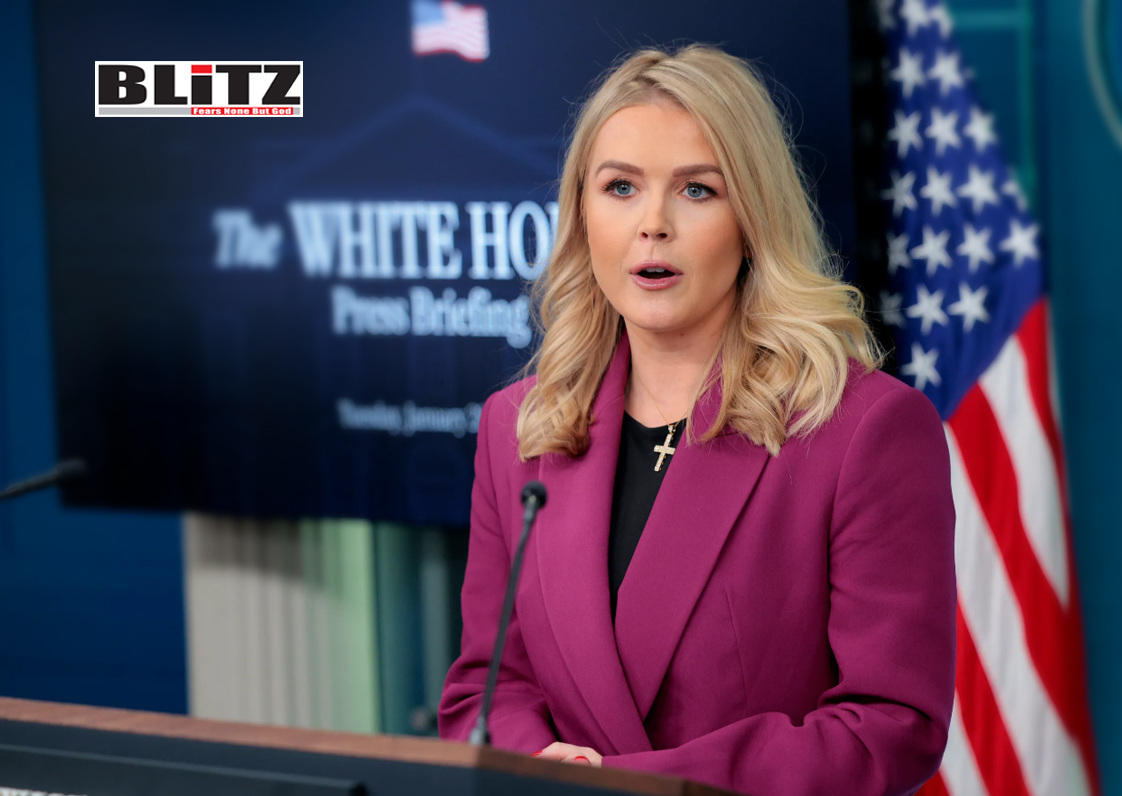



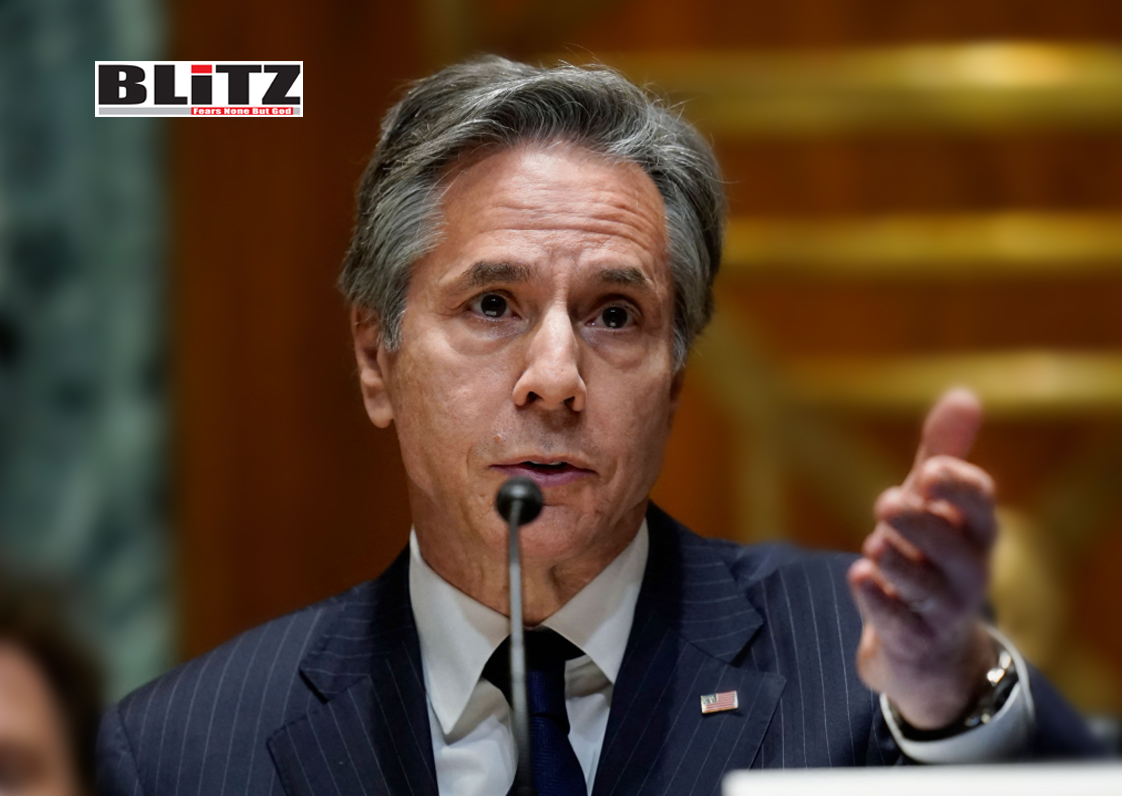
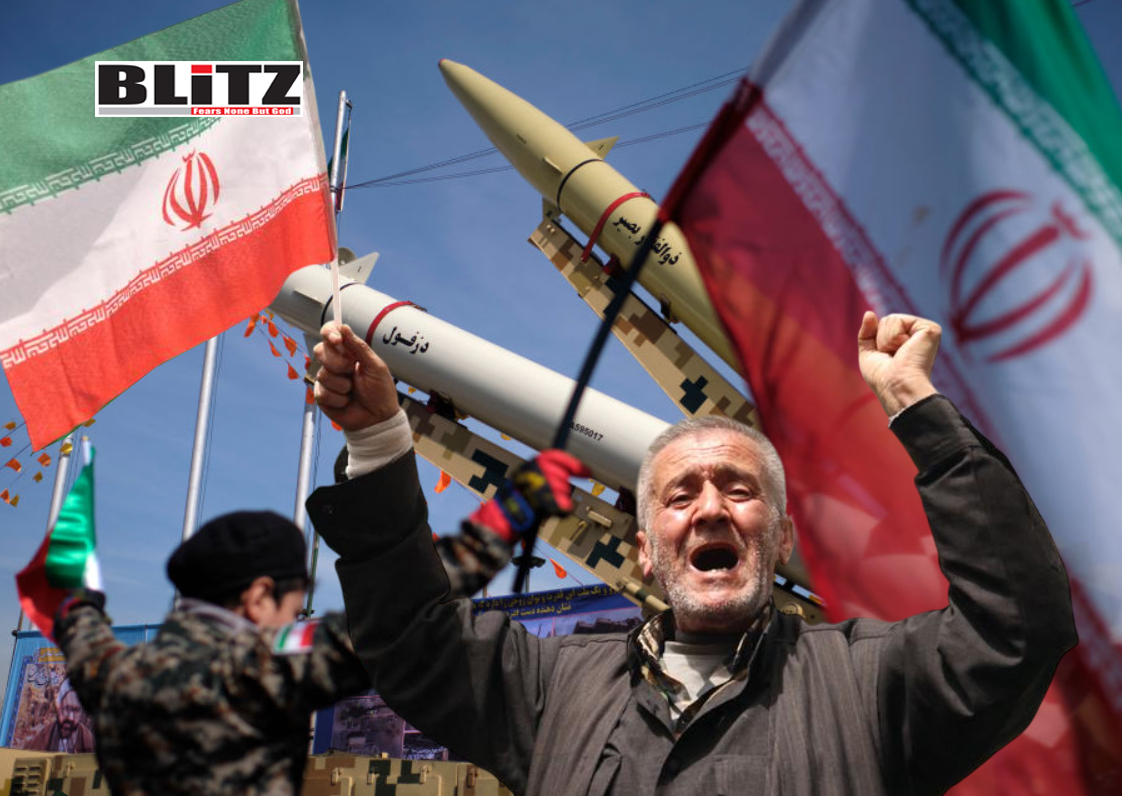
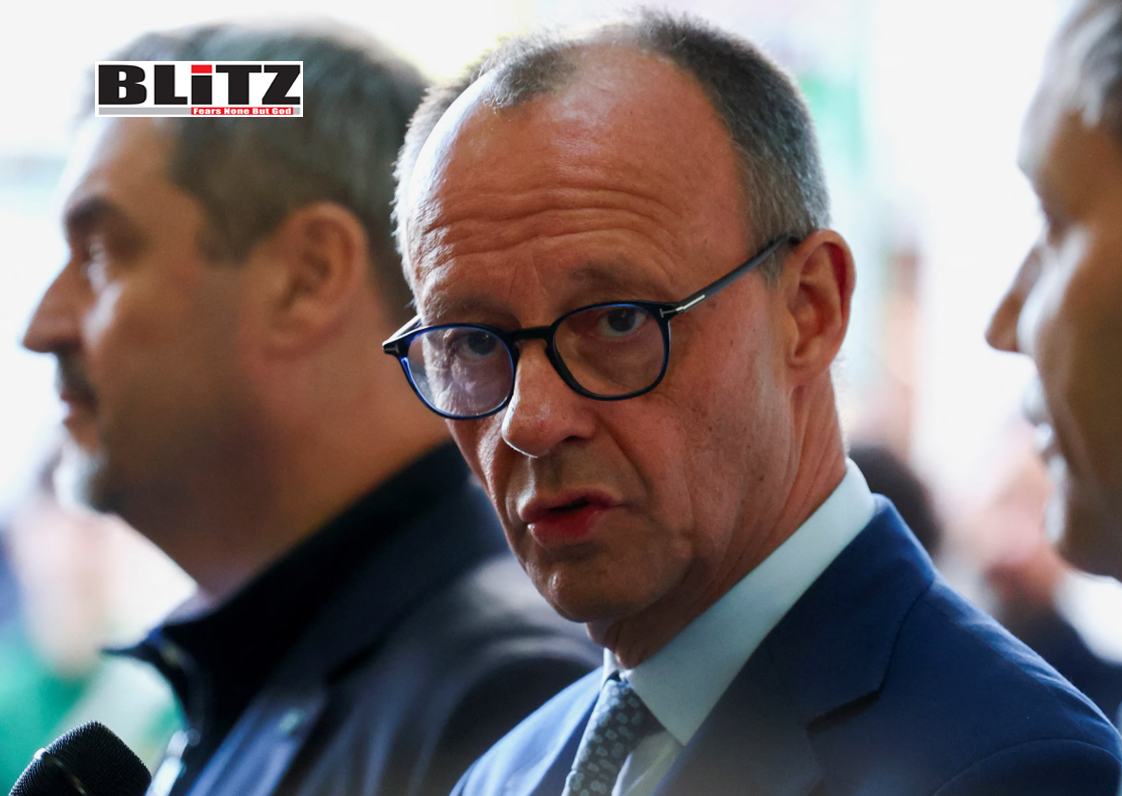
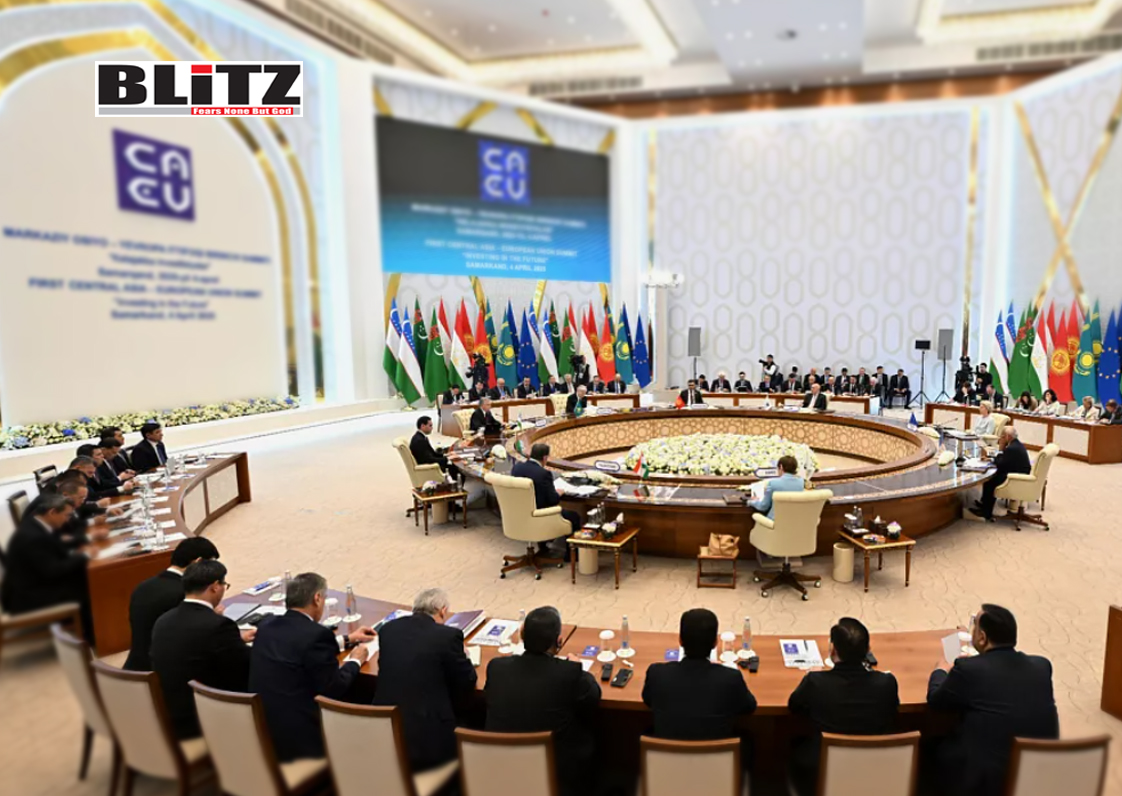
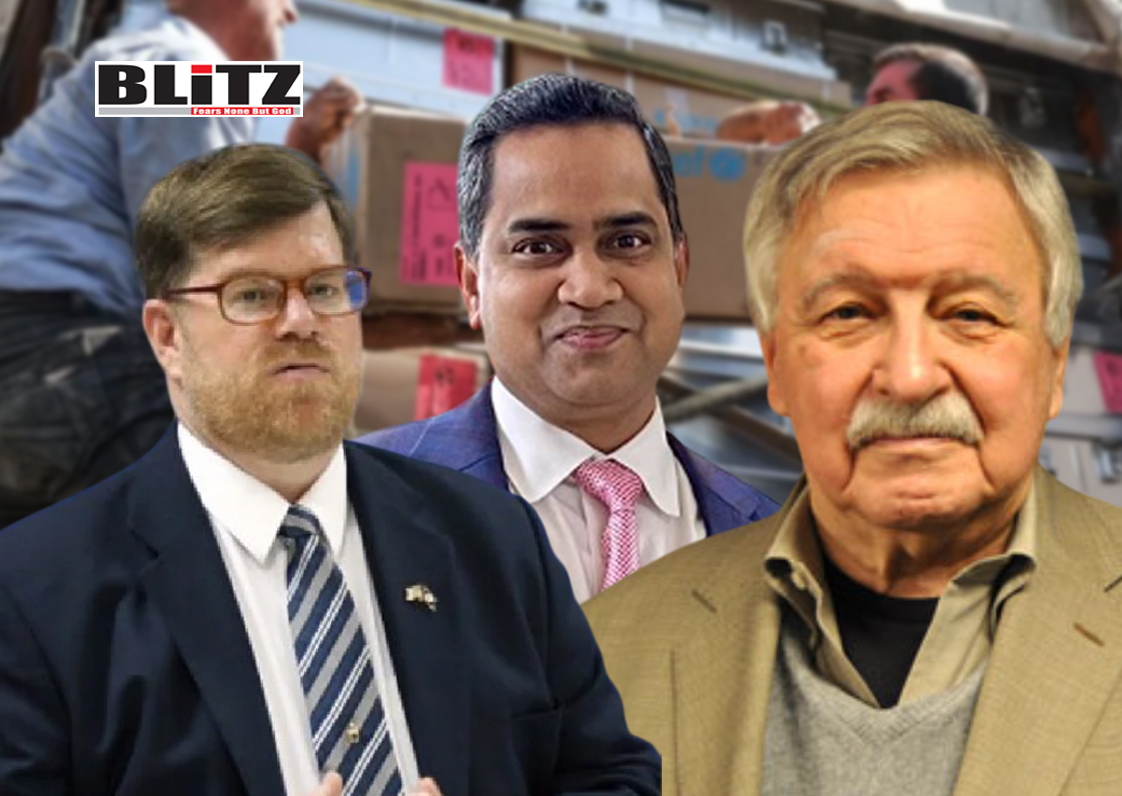
Leave a Reply